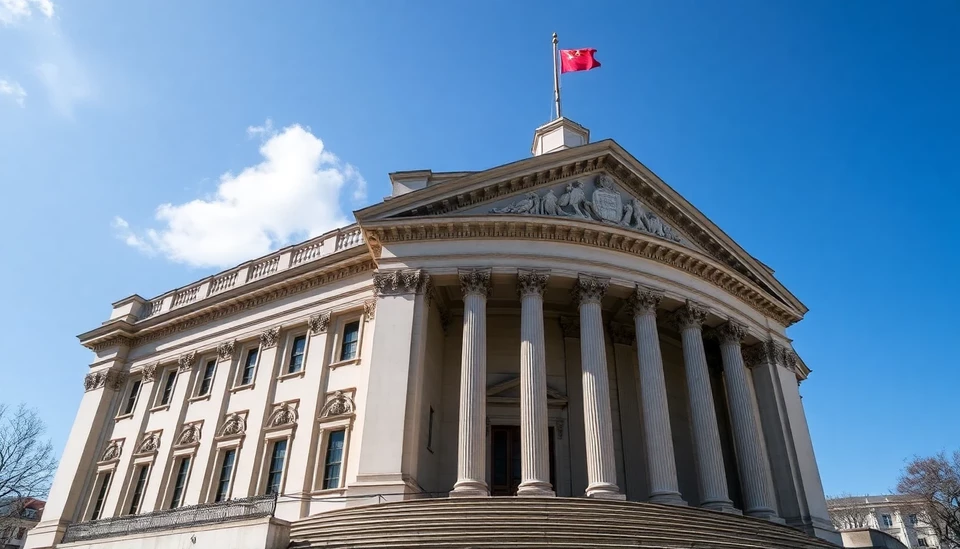
Recent shifts in the market dynamics have led traders to recalibrate their expectations regarding the Bank of England's (BOE) monetary policy for the upcoming year. Specifically, the anticipation of two rate cuts in 2024 is no longer seen as a certainty among financial players, reflecting a broader reevaluation of the central bank's stance on interest rates amidst evolving economic conditions.
As per the latest reports, the sentiment around BOE interest rate cuts has changed significantly over the past few weeks. Initially, many traders had priced in the possibility of these cuts as a safeguard against a potential economic slowdown. However, recent data and statements from key policymakers have introduced a level of caution, causing traders to adjust their outlook.
The revisions in expectations come on the heels of new economic indicators that suggest resilience in the UK's economy, despite facing challenges such as inflation and a looming recession. The April policy meeting, which is traditionally significant for forecasting changes in interest rates, has seen a marked decline in the confidence of rate cuts being executed. Analysts have noted that this could be tied to ongoing discussions regarding inflation management and economic growth, as the central bank weighs the risks of acting too aggressively.
Economists are now emphasizing the importance of upcoming economic data releases and how they might influence future BOE decisions. Any signs of improved economic performance or further inflationary pressures could reinforce the central bank's cautious approach. Consequently, this has led to broader dialogues about the timing and nature of potential rate changes, with some market participants now doubting the feasibility of two cuts within the next year.
Furthermore, the shift in sentiment reflects a growing belief that the central bank might adopt a more gradual approach to monetary policy. Rather than immediate cuts, there seems to be an inclination towards ensuring stability while monitoring the economic landscape for any significant shifts. This strategy suggests that traders and stakeholders will remain vigilant, closely analyzing economic indicators leading up to BOE meetings.
In conclusion, the financial market's resetting of expectations concerning BOE interest rate cuts reveals the complexities of navigating economic uncertainty. While traders once held strong expectations for significant monetary easing, the recent economic landscape has necessitated a more cautious outlook. Moving forward, all eyes will remain on the BOE as market participants look for clarity and guidance in these unpredictable times.
#BankofEngland #InterestRates #BOE #Economy #MonetaryPolicy #Finance #UKEconomy
Author: Laura Mitchell




